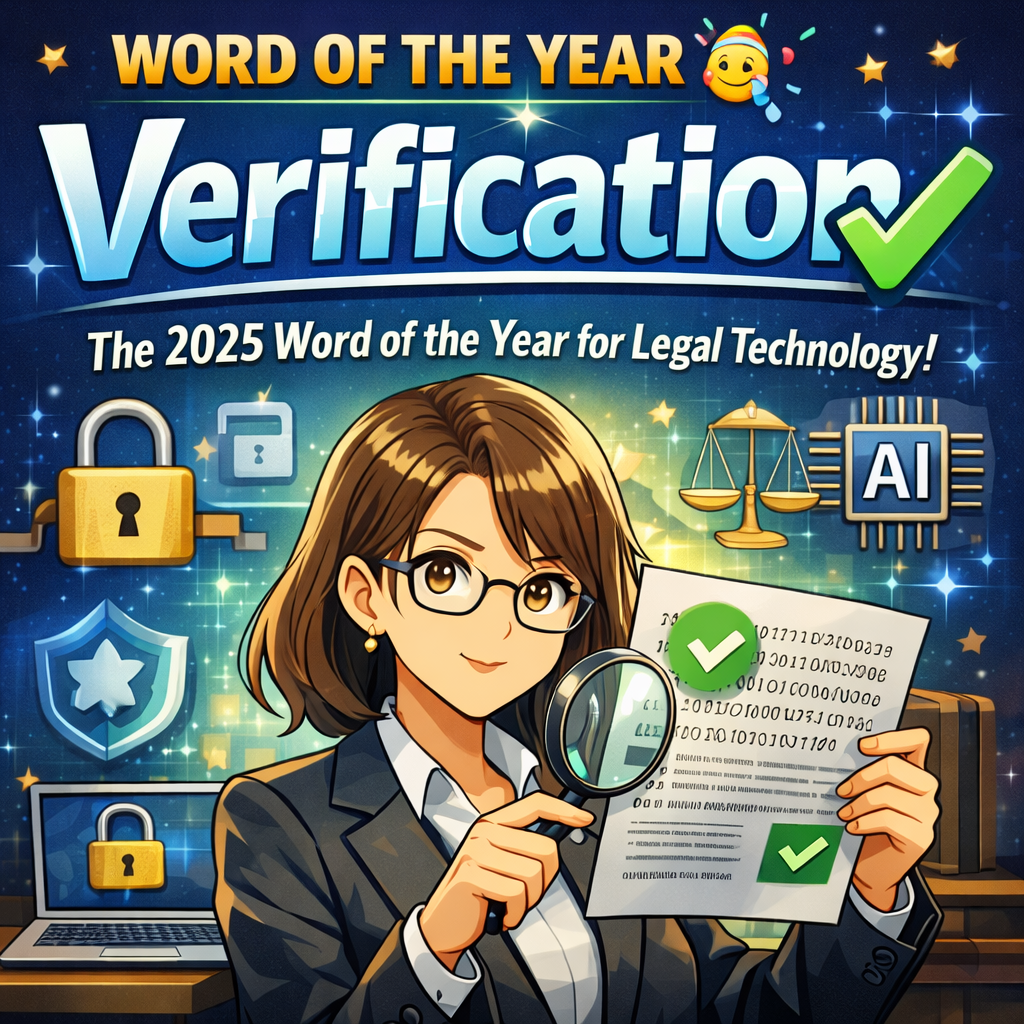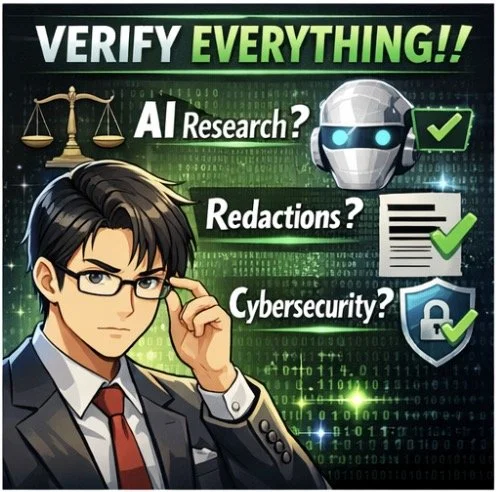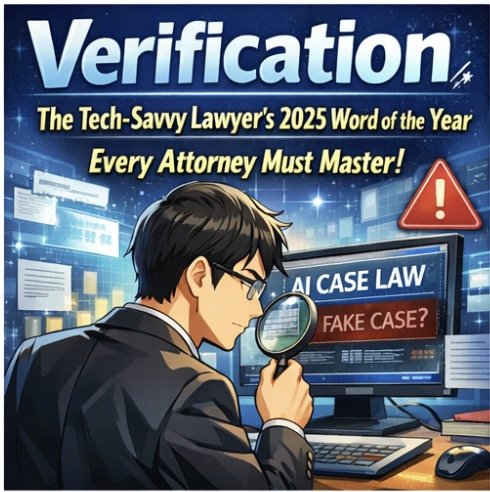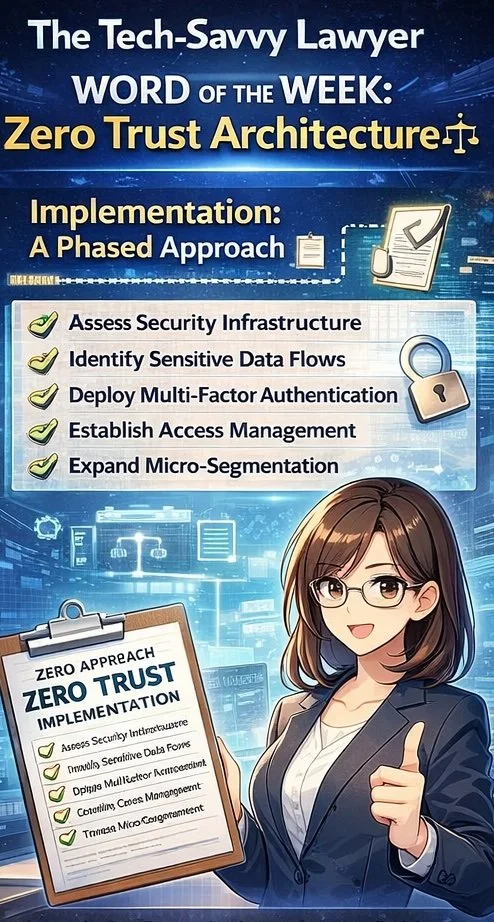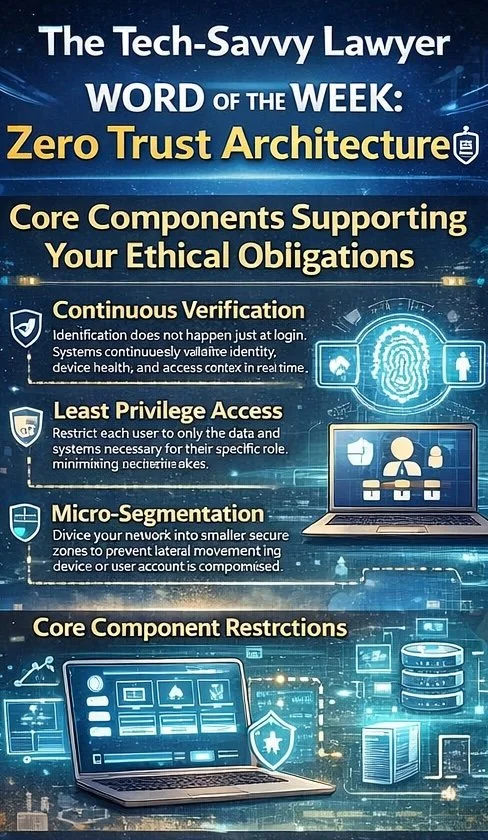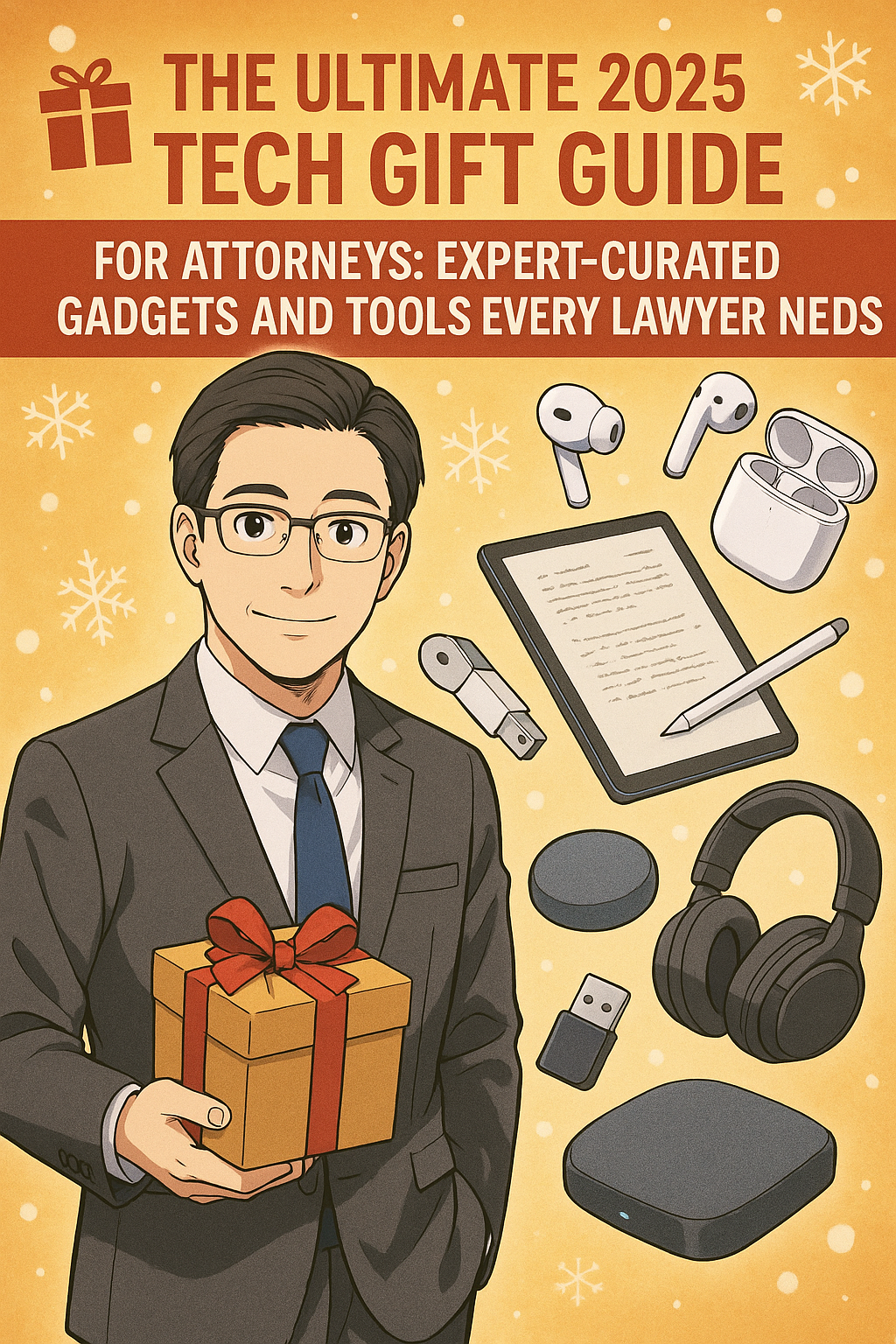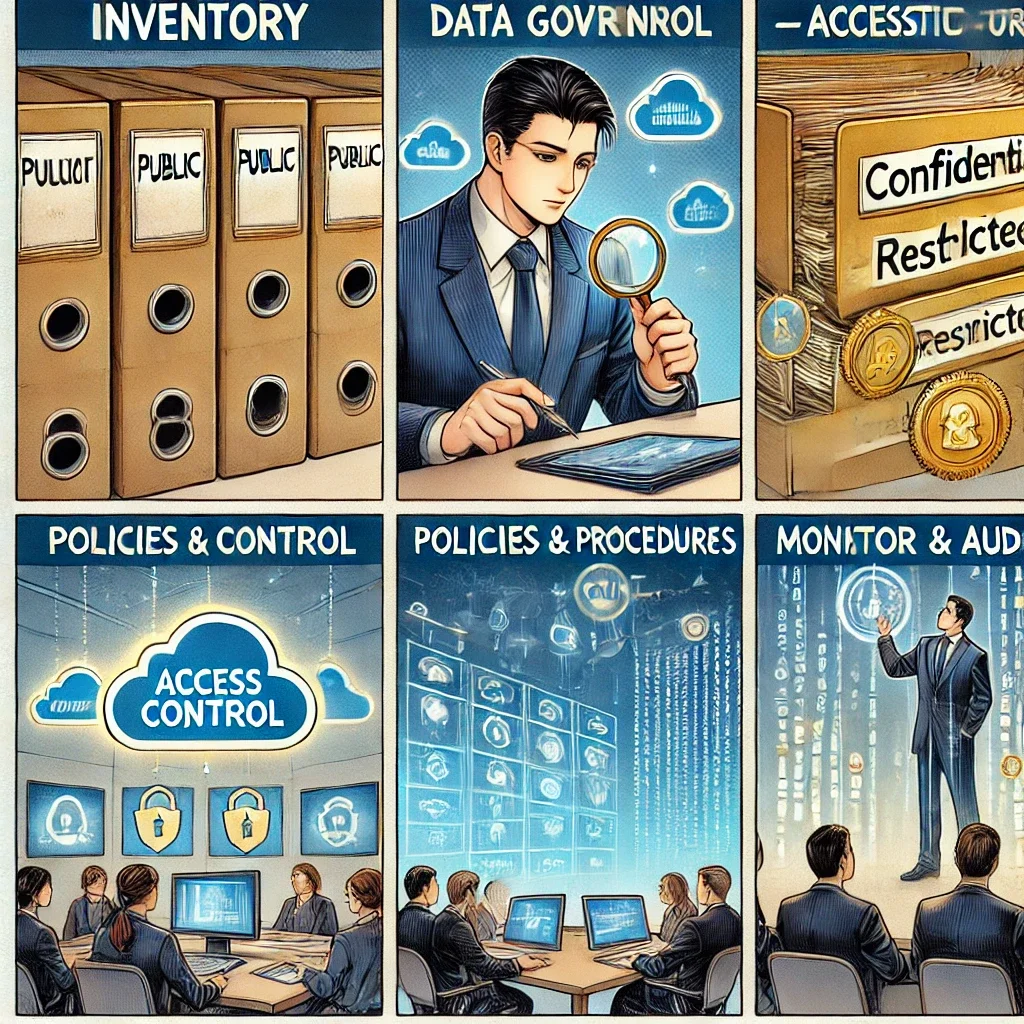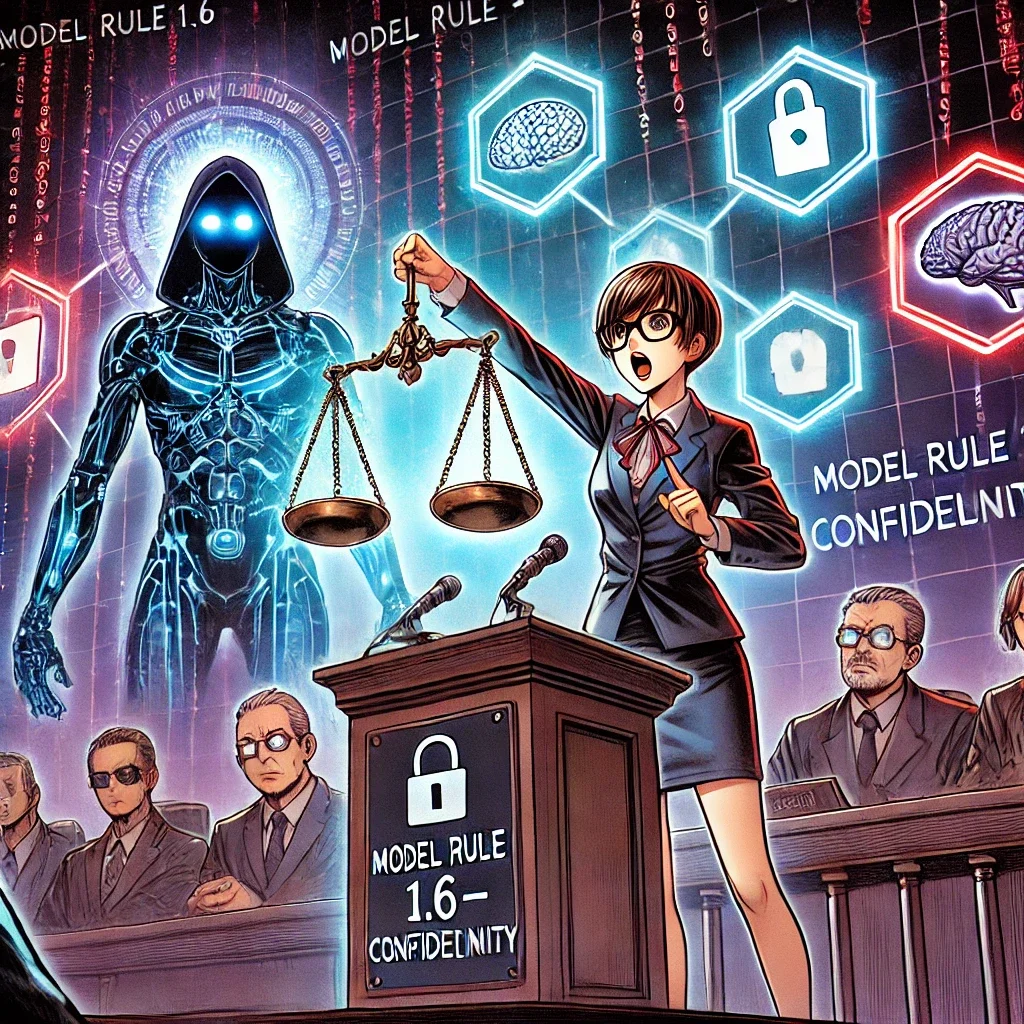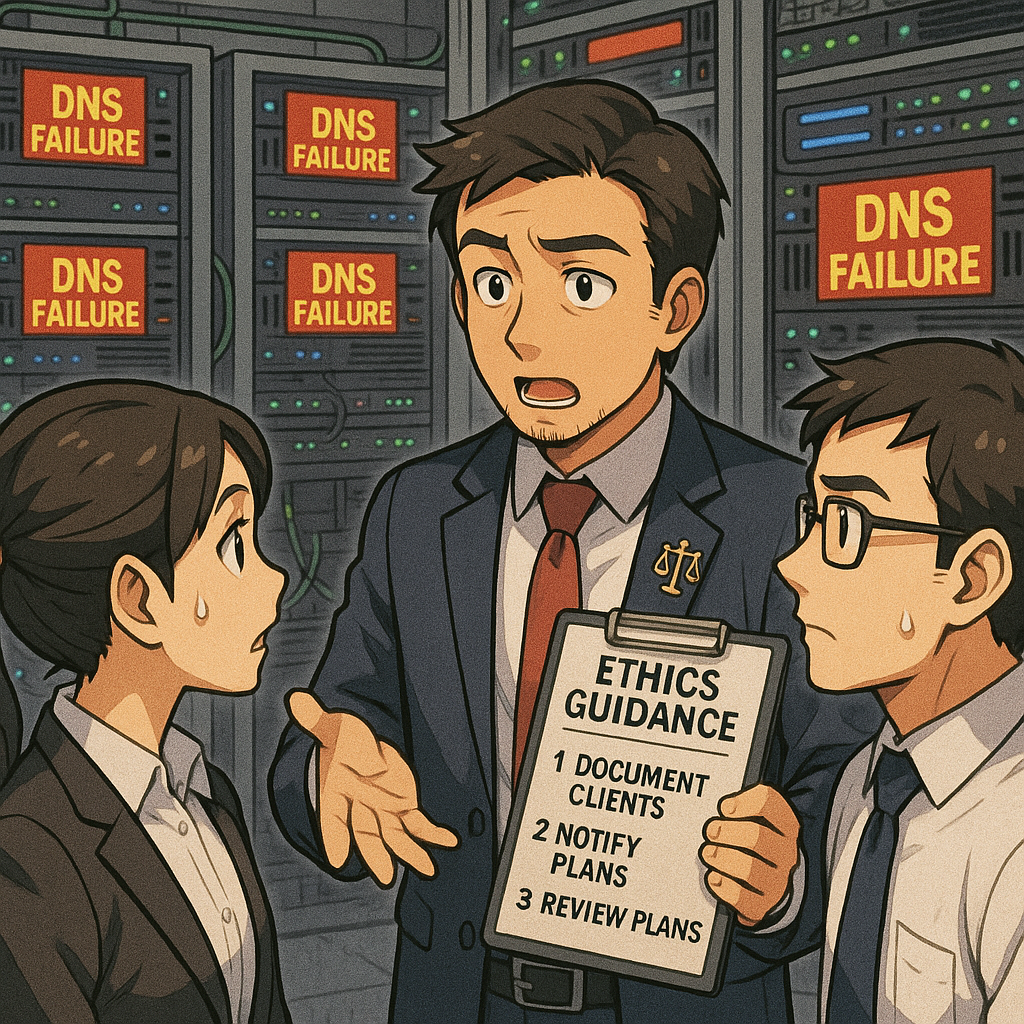Your phone system must function when you cannot physically reach your office. Voice over Internet Protocol (VoIP) services like Vonage and RingCentral forward calls to your mobile phone automatically. Clients dial your office number and you answer on your cell. The technology is invisible to them.
Weatherproofing your communication strategy includes recording professional voicemail greetings that address weather events specifically. Record a message explaining that winter weather has shifted operations to remote status. Provide your email address and realistic response timeframes. This manages client expectations and reduces anxiety during disruptive weather.
Video conferencing has become standard for legal practice. Zoom, Microsoft Teams, and Google Meet all function effectively for client meetings, depositions, and court appearances. Weatherproofing requires testing your video setup before storm season arrives. Practice sharing your screen. Learn how to mute participants. Understand waiting rooms and breakout rooms. One hour of technical preparation eliminates embarrassing technology failures during critical client interactions.
These communication systems support ABA Model Rule 1.4 requirements to keep clients reasonably informed. Weatherproofing communication technology ensures you maintain this obligation regardless of weather disruptions.
Power and Internet Backup: Continuity When Infrastructure Fails
Winter storms cause power failures regularly. Your practice cannot continue when power outages disconnect you from the internet. Uninterruptible Power Supplies (UPS devices) cost under $200 and keep your internet router running for hours. This maintains your connection while power companies restore service to your area.
Cellular hotspots provide internet access when home connections fail completely. Every major cellular carrier offers hotspot devices. Your smartphone can function as a hotspot during emergencies. Weatherproofing requires testing these backup systems monthly so you understand exactly how to activate them when actual emergencies occur.
These backup systems support ABA Model Rule 1.3 obligations regarding diligence. You cannot fulfill diligence requirements if power outages disconnect you from client matters entirely. Backup power ensures you maintain your professional obligations.
Silence Is Golden: Noise-Canceling Headphones Are Professional Weatherproofing Equipment
Winter weather creates unexpected home office challenges that sophisticated attorneys often overlook. School closures mean energetic children needing supervision. Family members gather for holiday celebrations. Neighborhood snow removal equipment operates unpredictably. Power outages and backup generators create intrusive background noise. These disruptions destroy professional communication quality and prevent sustained focus on complex legal work.
Noise-canceling headphones represent essential weatherproofing equipment. Sony WH-1000XM5, Bose QuietComfort 45, and Apple AirPods Pro and Pro Max provide excellent noise cancellation at varying price points. These devices analyze ambient sound and create opposing sound waves that neutralize background noise effectively.
During client calls, noise-canceling headphones protect your professional reputation. Your clients hear your voice clearly without household distractions in the background. You remain focused on their legal matters rather than worrying about children playing, family conversations, or storm-related noise.
During deep work—document review, legal research, contract analysis—noise cancellation creates concentrated mental space for complex analysis. Your productivity increases substantially. Complex legal analysis requires uninterrupted focus. Winter weather disruptions (and rambunctious children 👶) destroy focus 🧘. Noise-canceling headphones restore it.
Weatherproofing your practice includes investing in quality headphones rather than cheap alternatives. Premium options provide all-day comfort, excellent sound quality, and genuine noise cancellation. Many models work simultaneously with your office phone system and mobile devices. They charge overnight and last through multiple work days without needing recharge.
Keep your headphones charged and ready. During actual weather events, they become your most valuable technology investment for maintaining professional communication standards and sustained analytical focus.
This equipment supports ABA Model Rule 1.1 competence requirements. Maintaining quality communication and analytical focus directly impacts your legal work quality. The technology that enables this quality—including noise-canceling headphones—becomes part of your professional competence obligations.
Implementing Weatherproofing Gradually
Technology intimidates many attorneys. Law school taught you to analyze cases, not configure networks. Weatherproofing succeeds through incremental implementation rather than attempting comprehensive changes simultaneously.
Start with one system. Cloud-based practice management software or secure-synced document access is the logical first choice because it impacts your entire practice. Master it completely before adding additional technology. Then add VPN security next. Finally, complete your setup with backup power systems. Each step builds confidence and competence.
Use vendor support extensively throughout implementation. These companies employ teams specifically to help attorneys. Schedule training sessions. Watch their video tutorials. Read their knowledge bases. Professional implementation support means you are not expected to figure out technology independently.
Involve your staff in the weatherproofing process. Your paralegal likely possesses stronger technology skills. Your administrative assistant may have used similar systems previously. Leverage their expertise. Create a collaborative team approach to weatherproofing rather than attempting solo implementation.
This collaborative approach honors ABA Model Rule 5.1 responsibilities. Partners and supervisors must ensure subordinates conform to ethical obligations. Weatherproofing your practice collectively ensures everyone maintains compliance with professional conduct requirements.
Ethical Obligations and Weatherproofing Summary
ABA Model Rules establish clear professional conduct standards that weatherproofing directly addresses.
ABA Model Rule 1.1 (Competence): Weatherproofing demonstrates competence because it maintains your ability to serve clients effectively. Technology systems that function reliably during winter weather are part of modern legal competence.
ABA Model Rule 1.3 (Diligence): Weatherproofing ensures you maintain diligence in representing clients. Power outages and weather cannot justify abandoning client matters. Your infrastructure must sustain diligent representation regardless of external circumstances.
ABA Model Rule 1.4 (Communication): Weatherproofing enables keeping clients reasonably informed about their matters. Remote communication systems ensure clients receive updates and information even when weather disrupts normal office operations.
ABA Model Rule 1.6 (Confidentiality): Weatherproofing protects client confidentiality through secure remote access systems. Confidentiality obligations intensify when you work from remote locations without adequate security. Weatherproofing includes the technology safeguards necessary to maintain confidentiality.
ABA Model Rule 5.1 (Partners and Supervisors): Partners and supervisory attorneys must ensure that all attorneys and staff conform to professional conduct rules. Weatherproofing your firm collectively ensures everyone maintains ethical obligations during weather disruptions.
The Illinois Supreme Court's December 2024 ruling explicitly permits technology and AI use while holding attorneys responsible for all work product. This principle extends directly to weatherproofing technology. You must understand your systems sufficiently to ensure client confidentiality and competent representation remain uncompromised.
Document your technology decisions formally. Maintain records of your security measures. Create written procedures for remote work protocols. These documents demonstrate professional due diligence if clients question your weather-related practices or if bar counsel inquires about your compliance with Model Rules.
Supervise your staff remotely with the same effectiveness you maintain in the office. Establish daily check-in procedures. Monitor work product quality. Maintain professional standards regardless of physical location. Weatherproofing includes managing your team's productivity during weather disruptions while ensuring they maintain ethical obligations.
Final Thoughts: Weatherproofing Is Preparation, Not Reaction


